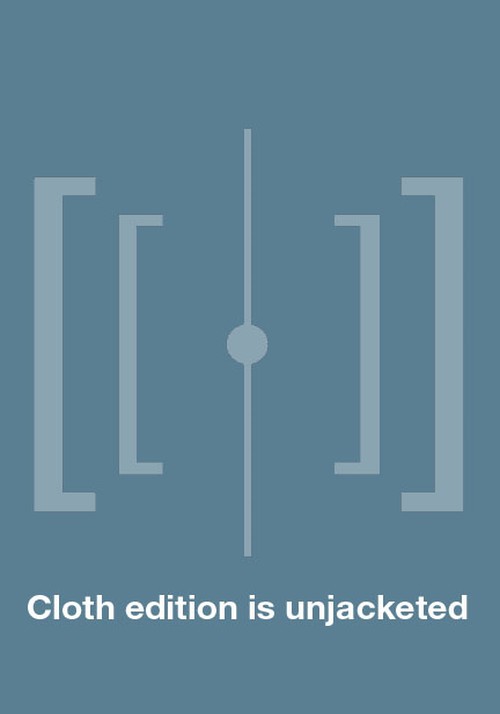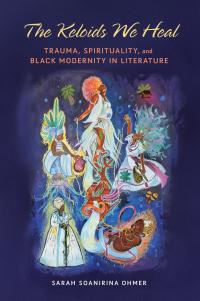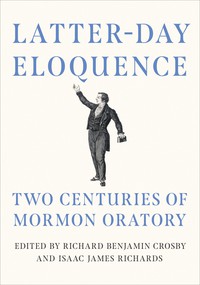
This Book Is an Action
About the Book
The Women's Liberation Movement held a foundational belief in the written word's power to incite social change. In this new collection, Jaime Harker and Cecilia Konchar Farr curate essays that reveal how second-wave feminists embraced this potential with a vengeance.The authors in This Book Is an Action investigate the dynamic print culture that emerged as the feminist movement reawakened in the late 1960s. The works created by women shined a light on taboo topics and offered inspiring accounts of personal transformation. Yet, as the essayists reveal, the texts represented something far greater: a distinct and influential American literary renaissance. On the one hand, feminists took control of the process by building a network of publishers and distributors owned and operated by women. On the other, women writers threw off convention to venture into radical and experimental forms, poetry, and genre storytelling, and in so doing created works that raised the consciousness of a generation.
Examining feminist print culture from its structures and systems to defining texts by Margaret Atwood and Alice Walker, This Book Is an Action suggests untapped possibilities for the critical and aesthetic analysis of the diverse range of literary production during feminism's second wave.
About the Author
Jaime Harker is an associate professor of English at The University of Mississippi. She is the author of America the Middlebrow: Women's Novels, Progressivism, and Middlebrow Authorship between the Wars and Middlebrow Queer: Christopher Isherwood in America. Cecilia Konchar Farr is a professor of English and women's studies at St. Catherine University. She is the author of Reading Oprah: How Oprah's Book Club Changed the Way America Reads.Reviews
"These essays bring alive a vibrant, contentious, controversial period in the history of the women's movement, providing useful background to the publishing industry of the period, fresh insights into important texts, useful lists of works cited, and a variety of theoretical perspectives. . . . This book is a nuanced, provocative reminder of the women of the second wave."--H-Net Reviews"The contributors offer a significant corrective to contemporary US feminist theory by looking closely at second-wave writers rather than basing their commentary on third-wave accounts of their feminist predecessors's shortcomings. Essential."--Choice
"This Book argues that the women's liberation movement had a coherent perspective on the importance of women's reading, which emphasized close relationships among reading, consciousness raising, and political action. . . . The collection adds to the historical record and immerses us in forgotten controversies and the ambiance of a period very different from the present."--Women's Review of Books
"The volume’s contribution to feminist print history is an obvious strength." --Orbit
Blurbs
"Attends not only to familiar 'consciousness-raising' works such as Kate Millet's Sexual Politics, Erica Jong's Fear of Flying, and Margaret Atwood's Surfacing, but also treats previously unexplored but no less important issues and topics vital to feminist print culture during the second wave of feminism. The introduction itself is an invaluable article on the literary productions and politics of the period."--Julia Ehrhardt, author of Writers of Conviction: The Personal Politics of Zona Gale, Dorothy Canfield Fisher, Rose Wilder Lane, and Josephine Herbst
"Builds on the body of scholarship that has examined the key literary texts of the movement, but its truly original contribution is the way it uses recent theorizing on middlebrow culture and women's reading practices to reframe the essential, insoluble problem that scholars of radical feminism have so grappled with, namely, who is truly radical and who is a sellout? Cutting this Gordian knot may be the work's biggest contribution."--Trysh Travis, author of The Language of the Heart: A Cultural History of the Recovery Movement from Alcoholics Anonymous to Oprah Winfrey






